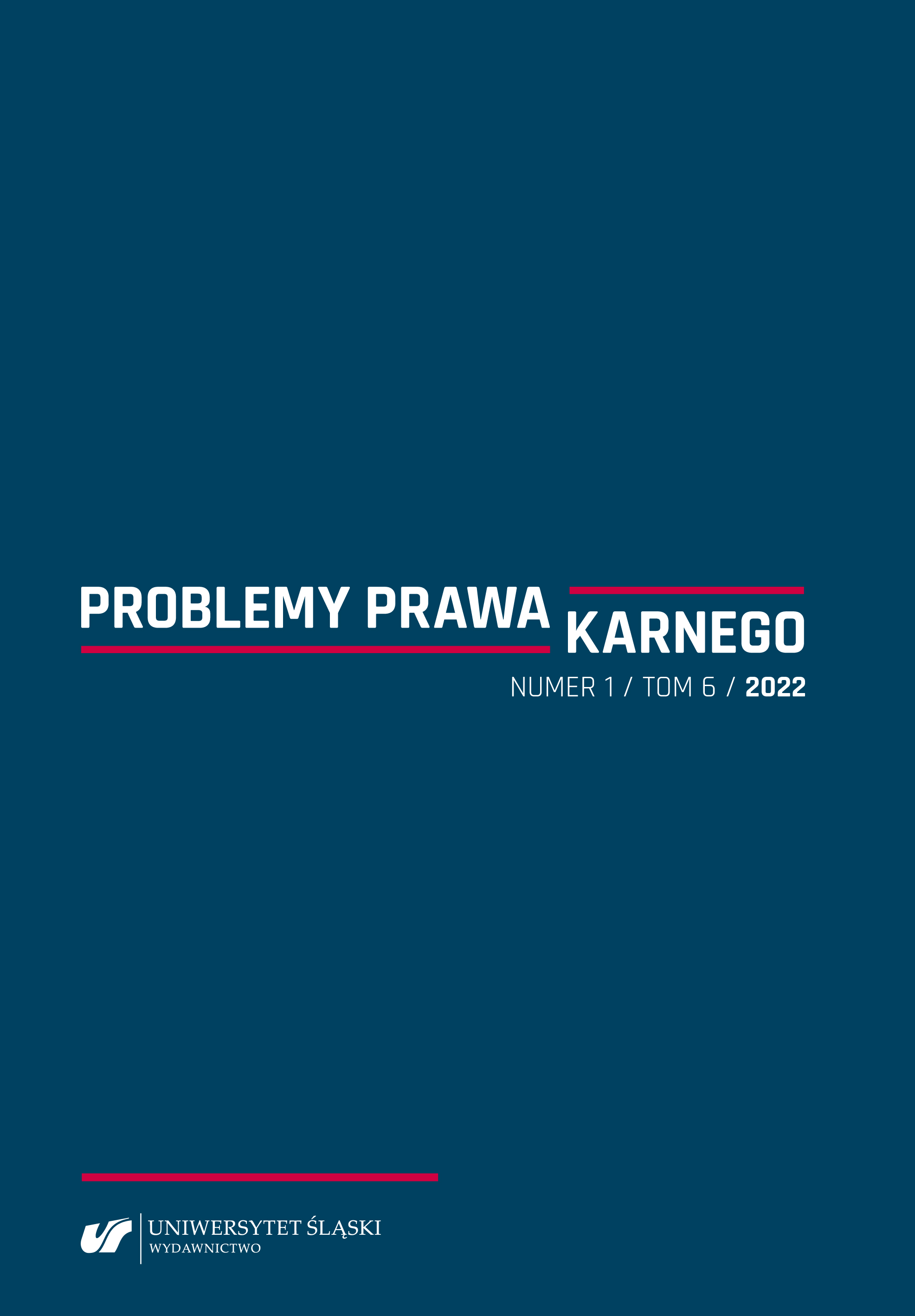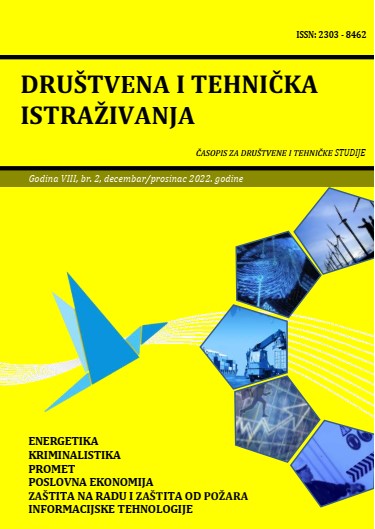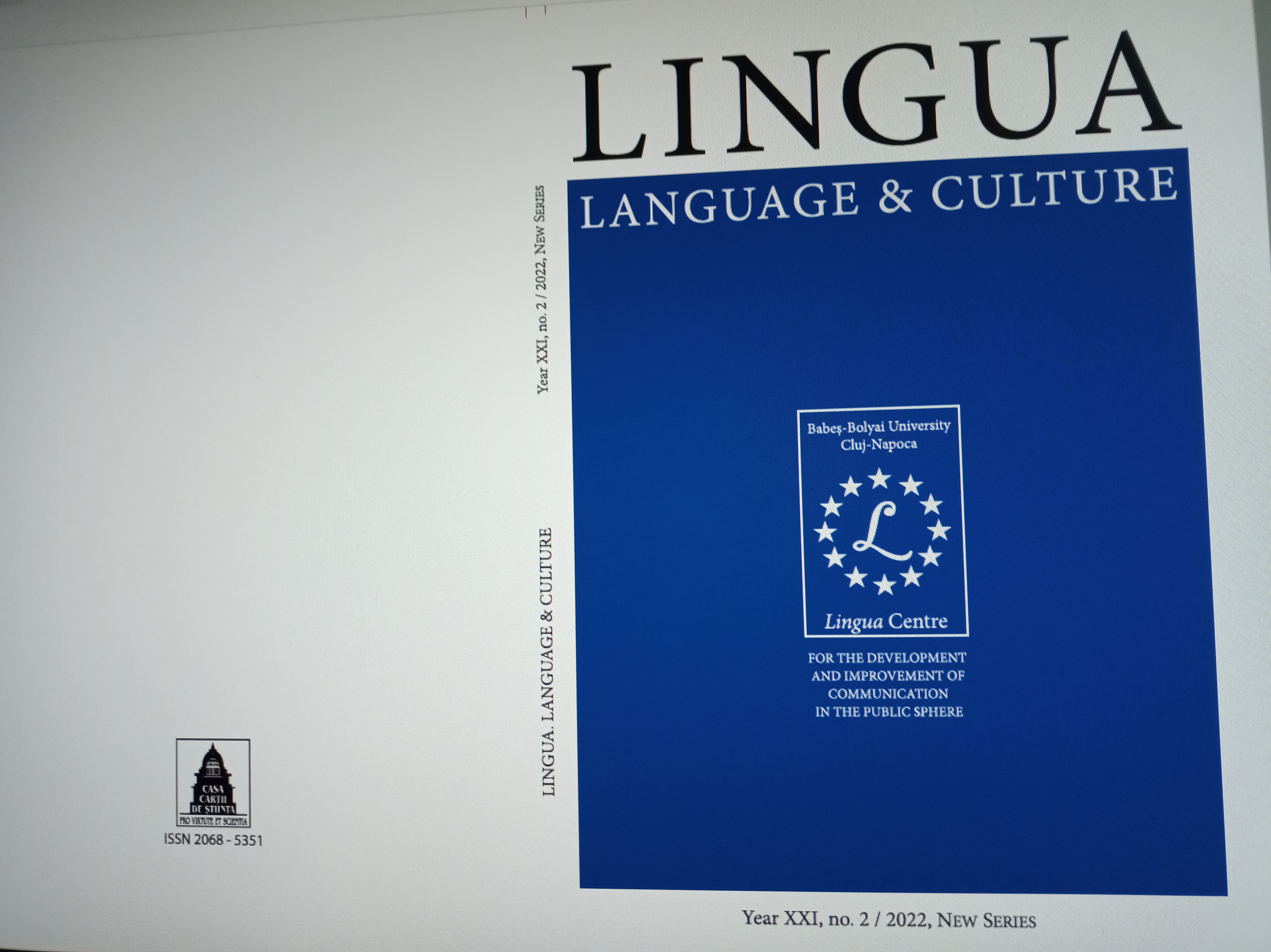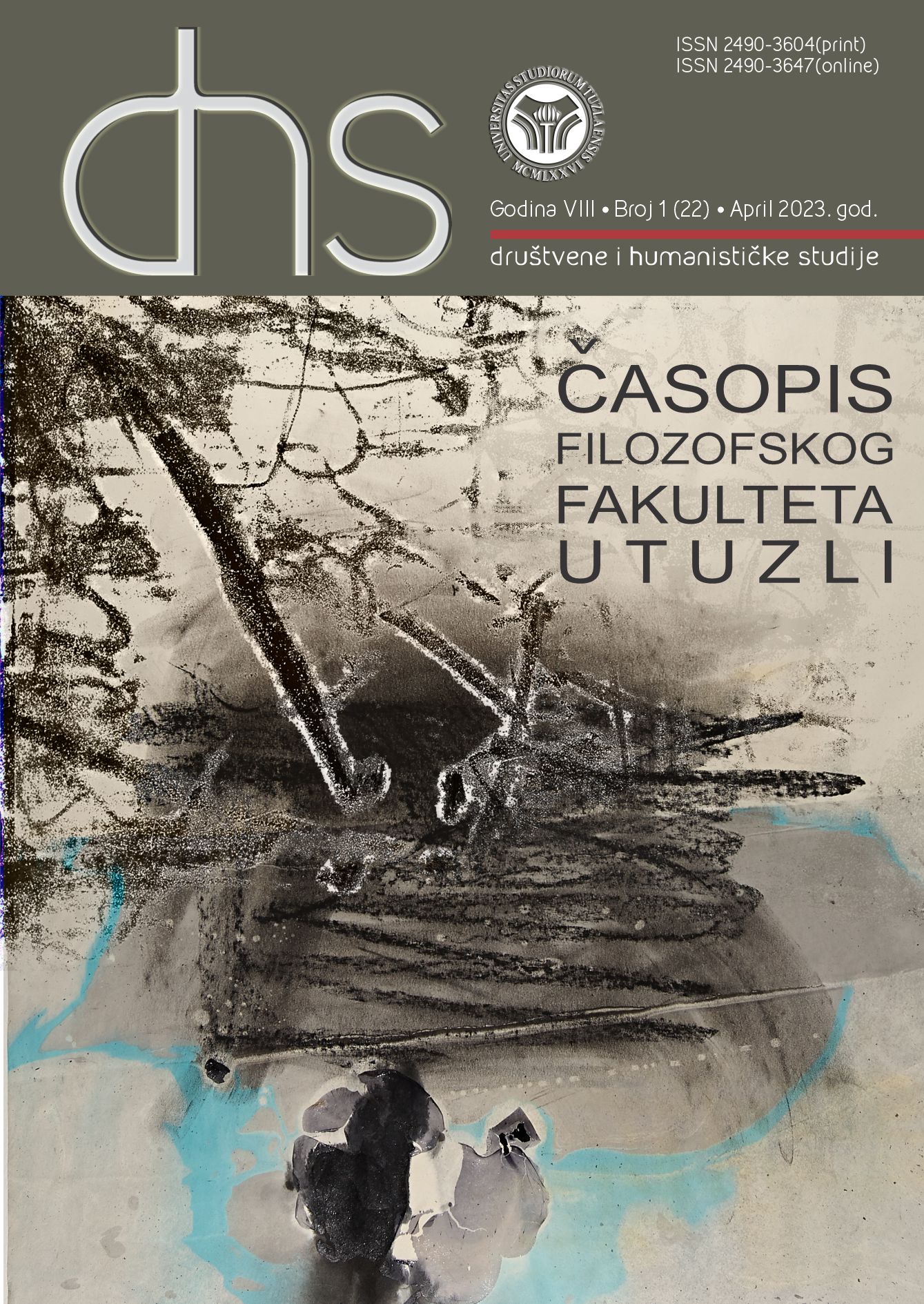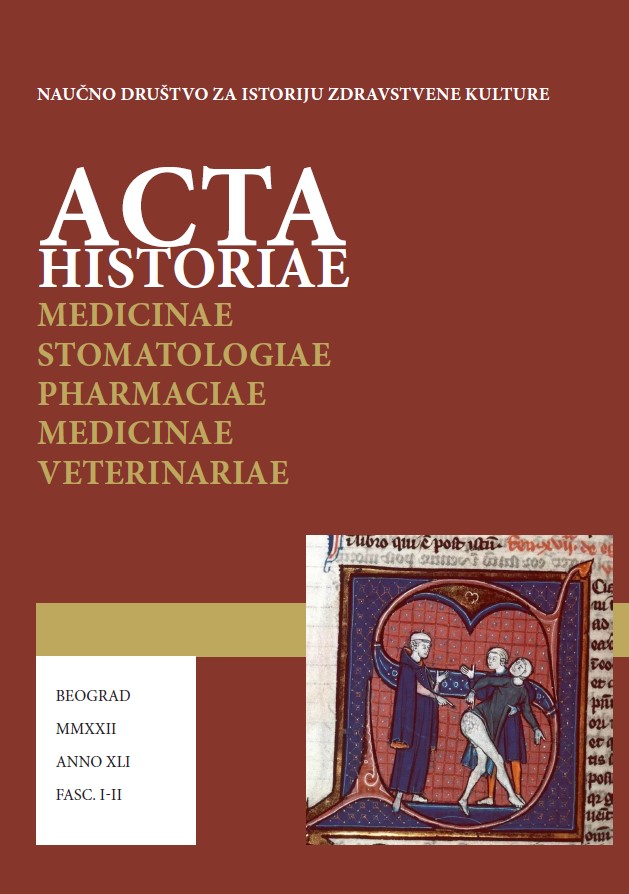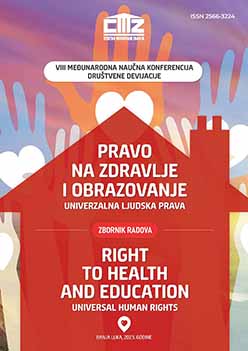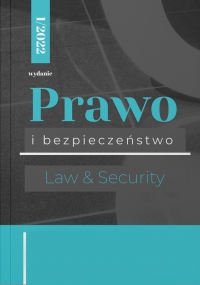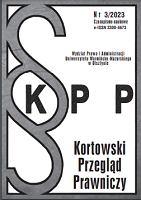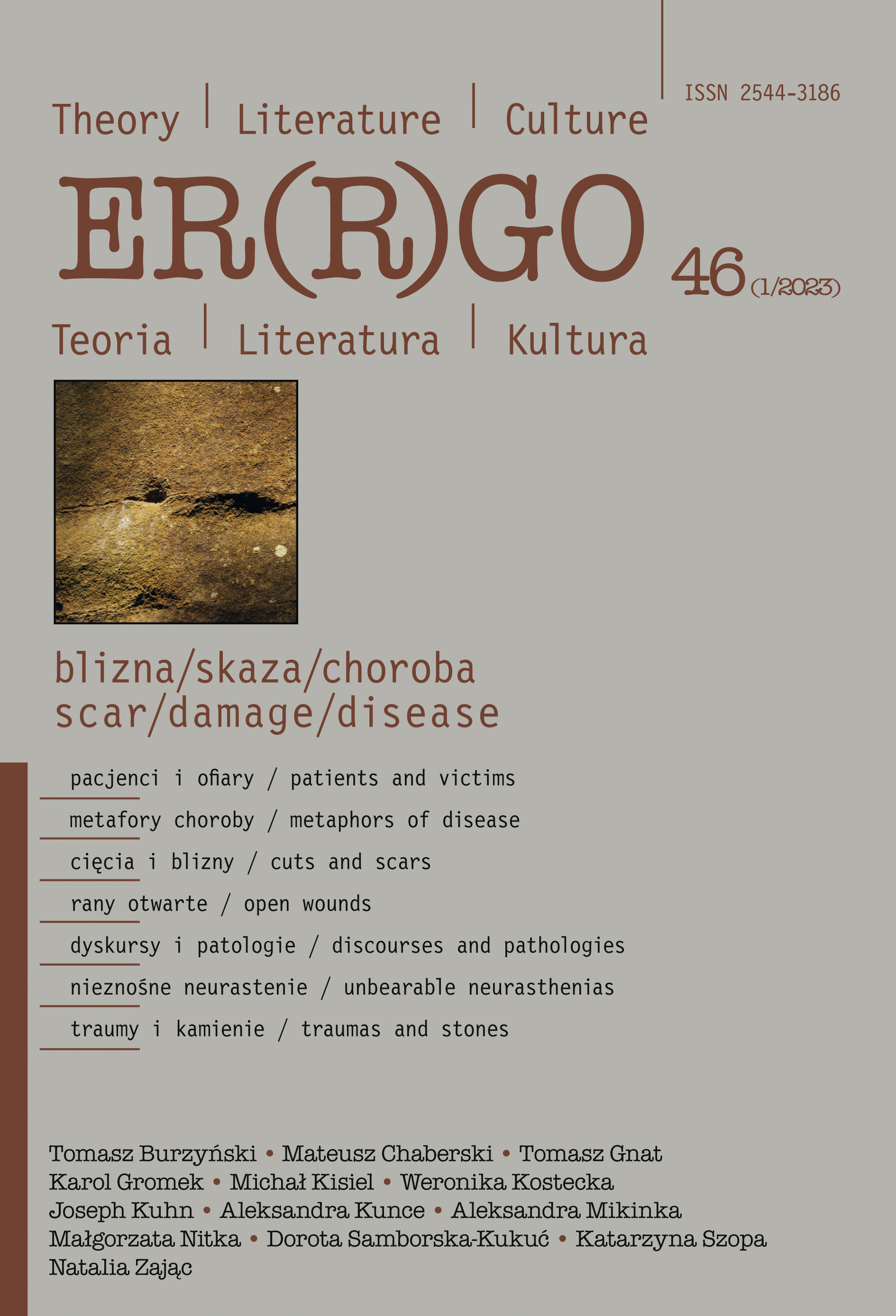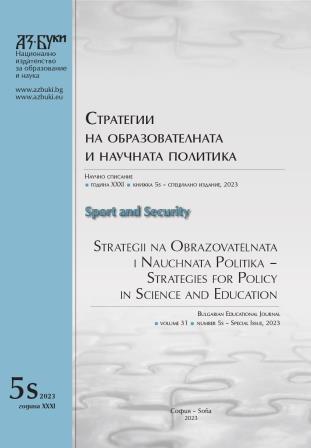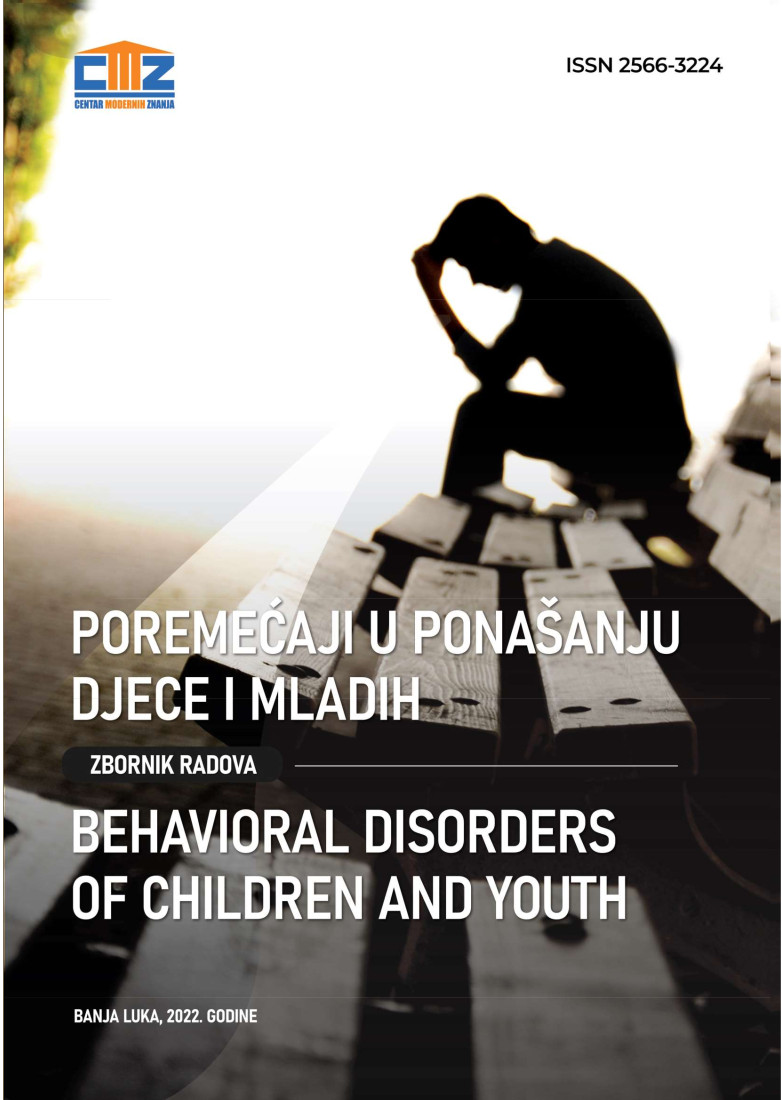
KRIVIČNOPRAVNI I VIKTIMOLOŠKI ASPEKT MALOLJETNIČKE DELINKVENCIJE – IZAZOVI, DILEME
Juvenile delinquency is not a novelty in society, but a legal and social phenomenon that has been present in different periods of human history in different phenomenological forms of manifestation. Even today, there are different understandings in the scientific and professional public regarding the definition of the content and concept of delinquency. The authors paid special attention to the etiology, i.e. the area of causality of this phenomenon in the context of the correct and adequate creation of adequate and proportionately necessary legal solutions and answers of preventive nature. Timely detection and prevention of various forms of this legal and social reality, by its nature, requires a multidisciplinary approach to studying and researching of this phenomenon. In addition, the paper incorporates sociopath logical phenomena that are inextricably linked with various forms of juvenile delinquency. Consequently, the legislator has shown a special sensitivity towards this specific age category, which is directly operationalized through the prism of the application of predictive or protective model and treatment of specialized juvenile justice authorities.
More...
